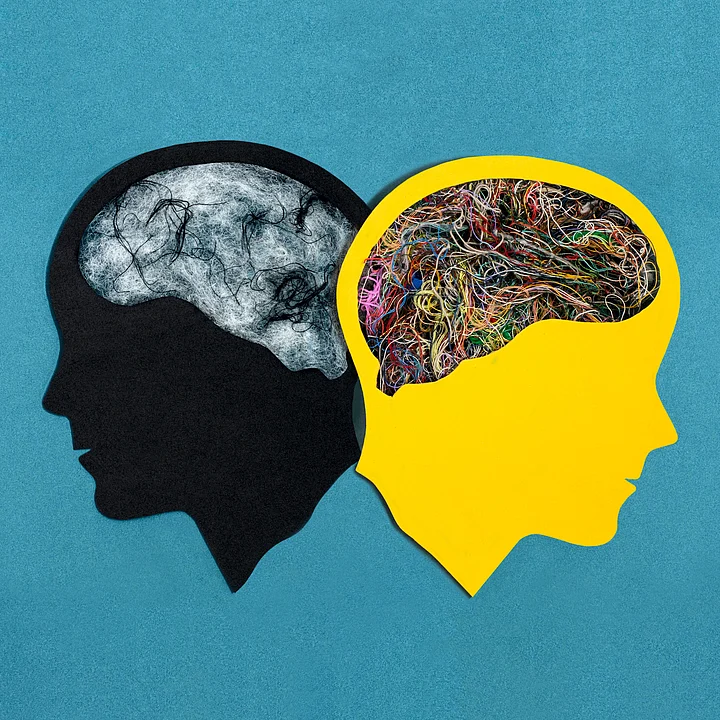Bipolar disorder is a condition that has affected millions. People have begun to understand that it can be genetic and affect anyone, and this has given rise to more awareness and knowledge about this condition.
In spite of so much said and heard, there are still many misconceptions surrounding bipolar disorder. This article aims to bust these myths and understand bipolar disorder as something much beyond mood swings and weeks of fatigue.
Myth 1: Bipolar Disorder Is Just About Being Moody
Bipolar disorder is far beyond being moody and changes in mood through a bad day. Mood swings in bipolar disorder are quite extreme and can last for weeks and months.
According to the doctors at Mayo Clinic, it becomes a challenge for people to even get out of their bed if they suffer from bipolar disorder; they may feel tired, depressed, restless, or volatile. They can prevent extremely serious situations by being alert about their changes in mood, energy levels, and sleep patterns even if they are on medicines.
Myth 2: There Is Only One Type of Bipolar Disorder
According to Healthline, there are basically four types of bipolar disorder and the symptoms can differ from person to person depending on the duration, diagnosis, lifestyle, and addictions.
According to Boston Mindcare, the four types of bipolar disorder conditions are:
Bipolar Disorder 1: This is characterised by manic episodes that last for weeks but it may or may not be accompanied by depression. The person might need to go to the hospital as well.
Bipolar Disorder 2: This is a condition that is also known as hypomania and the manic episodes are less severe than the bipolar 1. But the person might feel depressed before panic attacks.
Cyclothymic bipolar: This is a condition in which a person has to go through mania and depression for about 1-2 years before the condition is diagnosed. The depression or manic episodes are far less severe than type-1 and type-2.
Then there is a type-4 or others in which the disorder may be the cause of an underlying condition, drug abuse, or excess drinking.
Myth 3: Kids Aren't Affected by Bipolar Disorder
One of the common myths about bipolar disorder is that kids can be bipolar and it is only adults who might have to suffer through the condition. But it is not true; kids and teens can be bipolar as well.
Sometimes, bipolar disorder is also accompanied by ADHD and that might make the diagnosis difficult. Therefore, the next time you witness the change in your child's energy levels and behavioral patterns, be alert and careful to recognise the follow-up symptoms at an early stage.
Myth 4: Alcohol and Drugs Do not Affect the Condition
There is no evidence that alcohol or drugs can be the cause of bipolar disorder but they definitely can worsen the condition and make it difficult to manage the symptoms.
According to the US NIH, the combination of drugs or alcohol with this condition can be extremely dangerous and can lead to depression, suicidal thoughts, and extreme mood swings. Moreover, the addiction can make it difficult to treat the condition.
Myth 5: Only Medication Can Treat Bipolar Disorder
There can be several treatments for bipolar disorder depending on various factors, like the type of bipolar disorder or if the condition is accompanied by more depressive, manic, or hypomanic episodes. The other factors that should be taken into consideration are:
Medical history
Other mental abnormalities
Desire to be treated
Response to previous treatment`
(At The Quint, we question everything. Play an active role in shaping our journalism by becoming a member today.)
